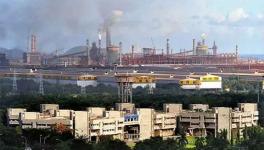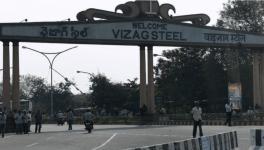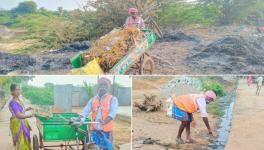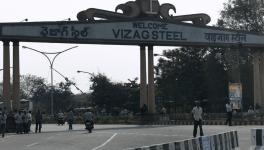Development as Usual – At the Cost of Land and Rights of Tribals
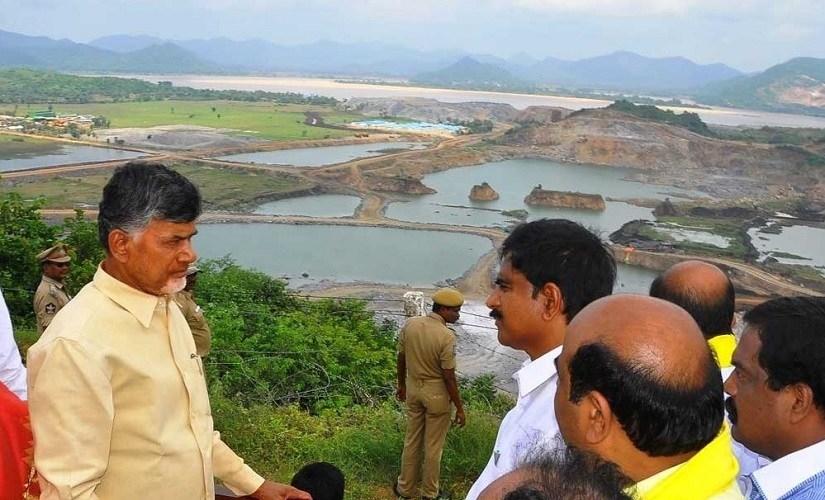
The Indira Sagar Polavaram project – a multi-purpose irrigation project – has displaced 55,000 tribal families in Andhra Pradesh. This is the largest displacement of Adivasis by a development project in India. The National Commission for Scheduled Tribes (NCST) has found that the alternative land given to tribals as compensation for the acquired land is non-cultivable, as it’s on a rocky terrain with little or no water. The Commission has demanded the state government that alternative land – which is fit for agriculture – be given to those displaced by the project.
The Polavaram project, being constructed on Godavari river, is meant to provide irrigation to 2.91 lakh hectares of land, and drinking water to 540 villages. The project, known officially as the Indira Sagar Multipurpose Project, has been under construction since 2004. It is expected to generate 960 MW of power, in addition to providing water for the industries. These numbers are from the Environmental Impact Assessment (EIA) report of the Ministry of Environment.
The Commission noted that the tribals, who were dependant on minor forest produce, were uprooted and shifted to places where they had no means of making a living.
They have asked the Andhra government to provide them alternate means of livelihood. NCST has also directed the government to focus on the quality of life in resettlement colonies by providing social infrastructure such as colleges and medical colleges like AIIMS. The NCST had received complaints that the newly constructed houses were destroyed because of the flash floods, and were never rebuilt.
Over 300,000 people – including 1.5 lakh Adivasis and 50,000 Dalits – will be displaced from 10,000 acres of forestland and 121,975 acres of non-forest land, according to documents obtained by The Wire from the Ministry of Environment. Another 75,000 acres of land is being acquired for canals, distributaries, townships and a ‘green belt’.
A meeting was held in 2016 by Dr. Rameshwar Oraon, Chairperson, NCST, with the chief secretary of Odisha, additional chief secretary of Chhattisgarh and secretary of the Water Resources department of Andhra Pradesh on issues relating to displacement of tribals and other local people in Devaragodhi, Polavaram Mandalam, West Godavari District and Pudipall Panchayat in East Godavari District, due to the ongoing construction of the project. The member secretary of the Polavaram Project Authorities, (Ministry of Water Resources) and secretary (Land Resources) from Ministry of Rural Department were also present for the meeting. The Commission had made the a few demands to the Andhra government. According to a Business Standard report, these were: “Government of Andhra Pradesh should take into account the concerns of Government of Odisha and Chhattisgarh. As pattas under the Forest Right Act, 2006 has not been conferred to displaced tribal families, Governments of Andhra Pradesh, Odisha and Chhattisgarh should take immediately action in this regard. Allotted Banjar land to project affected families should be developed by the concerned State Governments. State Governments were also advised to create a data base bank for issuance of Scheduled Tribes certificates to displaced families so that they are not put to any disadvantages position on their displacement. They were also advised to create a data base bank for issuance of Scheduled Tribes certificates to displaced families so that they are not put to any disadvantages position on their displacement.”
Get the latest reports & analysis with people's perspective on Protests, movements & deep analytical videos, discussions of the current affairs in your Telegram app. Subscribe to NewsClick's Telegram channel & get Real-Time updates on stories, as they get published on our website.










